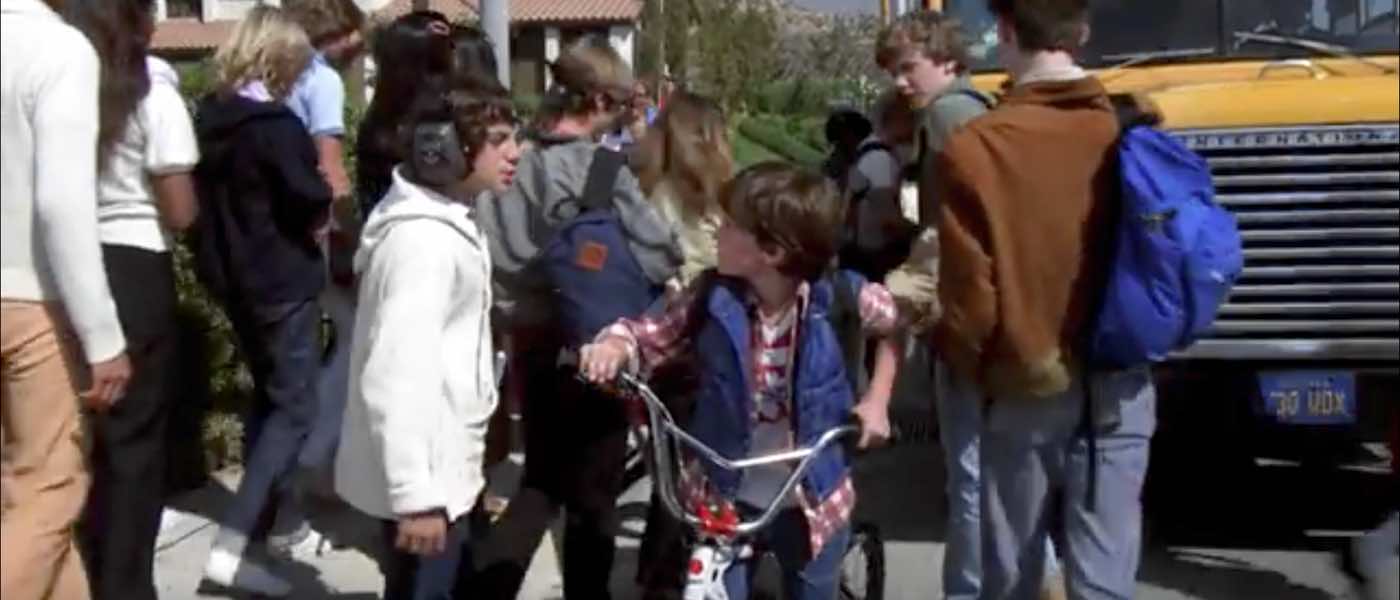Playing Tabletop RPGs Before the Internet
The Internet has radically changed tabletop roleplaying, just as it has changed almost everything else. Sometimes it’s hard to even recall what it was like before the rise of the Web in the late 1990s and the resulting Internet explosion. But I do remember what it was like discovering and playing what were then called fantasy roleplaying games in the early 80s.
There were (conveniently) three things in particular about that era that can never again be the same:

You Played in Person
While everyone enjoys playing tabletop RPGs online, it does provide a viable option for those who for whatever reason can’t play face-to-face. But in the benighted pre-Internet era face-to-face was the only way to play. Well, the only way to play if you wanted your game to move at a decent clip.
Play-by-mail (aka play-by-post) campaigns were a big enough deal that there were actually companies that ran ’em. Participants sent instructions to the GM in paper envelopes via the postal service, and many days later received a writeup from the GM of what transpired in the game world. Then the cycle repeated itself. And so on. I never participated in one, but for a few years ads for these games were impossible to avoid in the pages of the gaming magazines.
Oddly it wasn’t until the mid-1990s that I played in a play-by-mail campaign. Actually it was a continuation of a long-running Shadowrun campaign. After we all graduated from college and went our separate ways, we decided to try it by mail. As the GM I’d write the PCs into difficult situations, then they’d each write back telling me in broad strokes what their characters intended to do. I’d then update the narrative a bit, ask them what they intended to do next, and so on.
There are of course several flavors of online roleplaying that follow this same basic premise, but back then we were just winging it. Before long we shifted to using email, which definitely sped up the process. But the anticipation of waiting to see what my players wanted to do next was actually part of the fun.
Your Rules Were the Right Rules
In the 80s and early 90s, it was effectively impossible to know how people outside your gaming circle played games. You could go to a convention, but other than that every gaming group was an island.
While there were gaming magazines like The Dragon, Different Worlds, and White Dwarf, each of which provided rules clarifications and modifications, they came out once a month at best. That’s a long time to wait for an answer. And if you were playing a less popular game, odds are your questions weren’t going to be answered at all. So if something in a game’s rules wasn’t clear, you made your best guess and moved on.
If you found a particular rule lacking, there were no forums in which to ask how other players had adjusted those rules. You just created your house rules and moved on. I recall in particular the complex armor-layering mechanics I added to the already computationally-intensive Aftermath! combat rules.
At conventions you might encounter people who played your favorite game somewhat differently. But that was expected, and part of the fun of playing outside your normal group.
Finding a New Game Was a Big Deal
The advent of forums like this one have created a radically different environment. Instead of assessing a game by the marketing copy on the back of the box, or maybe finding a review in a magazine, we all have access to a slew of reviews for even relatively esoteric games. More importantly, we can share ideas about how to interpret unclear rules or improve our gaming skills. Online tools for finding players have also made a difference, and if you can’t find a local group, you can play online using Roll20, et al.
Newcomers can watch video of people playing games, which removes much of the mystery about RPGs. This makes the hobby far more accessible than it used to be, but also means that newer gamers seem to be more concerned about whether they’re playing games correctly or not. In the pre-internet days if there was a question about a rule interpretation or how to do something, you made a judgment call and kept rolling.
Amazon and DriveThru RPG have made it far easier to find and purchase games. This has also meant that many game stores have gone under, and the profusion of online information has meant that in many places the game store is no longer the central hub for tabletop RPG that it used to be.
Overall these changes have made the hobby more welcoming and easier to play. They’ve also helped raise the bar for production values and rules clarity, because everything gets scrutinized so much more and reviews and ratings are more prevalent.
Ω